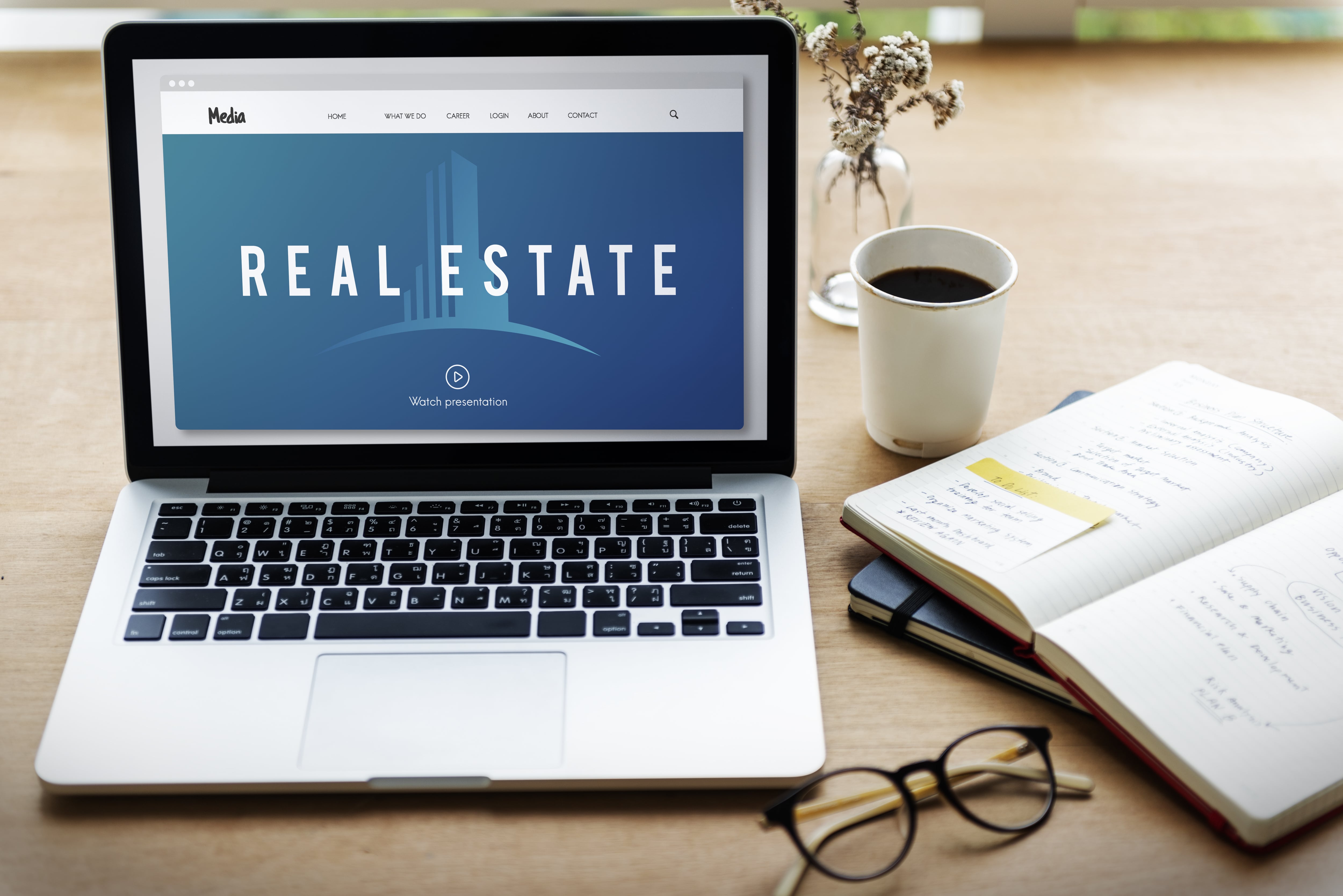How to Start a Real Estate Business in Singapore
1. Decide on the Company Name and Business Structure
When establishing your real estate agency in Singapore, you will need a compelling company name, a business model, and other initial requirements to start your business.a. Company Name
Your company name is what your business will be remembered for, so it’s essential to establish one that is memorable and meaningful to your agency. Moreover, it should adhere to the regulations under Accounting and Corporate Regulatory Authority (ACRA), which states that names should not be identical to an existing name that has already been registered through BizFile+ or contains prohibited and undesirable words. You can avoid the risk of noncompliance by performing a comprehensive company name check in advance. Should the name be available, register the business name through the Bizfile+ platform for S$15 to secure it for business registration.b. Business Structure
Know that your business structure impacts your operational framework, liability, and taxation. Therefore, before registering your business, consider whether you should have your real estate agency as a private limited company, a partnership, or a sole proprietorship. A private limited company is the most common choice due to its separate legal entity status, limited liability for shareholders, and ease of raising capital. This structure is ideal for those looking to scale their operations and attract investors. On the other hand, a partnership refers to two or more people sharing profits, responsibilities, and liabilities, making it suitable for smaller ventures where trust and collaboration are paramount. Lastly, a sole proprietorship is the simplest and most cost-effective option, offering full control to the owner but also subjecting them to unlimited personal liability. This structure suits individuals starting small with minimal investment and low-risk tolerance. Carefully considering these options will help you determine the best fit for your real estate business’s long-term goals and operational needs.2. Register Your Business with the ACRA
Once you have finalised your company name and other particulars, you can officially register your real estate business by submitting the necessary paperwork and applicable fees to the ACRA. The required documents you may need to submit could include:- The company’s constitution and the Memorandum and Articles of Association (M&AA)
- Personal details of directors and shareholders
- The company’s name and registered address
- The share capital information
3. Appoint a Key Executive Officer (KEO)
The Council for Estate Agencies (CEA) requires businesses to have a KEO before they can get a real estate licence in Singapore. Essentially, the KEO manages the agency’s activities, ensuring it maintains professional standards and upholds ethical practices. When assigning the role of a KEO of a real estate agency, they should meet the following criteria:Education & Training
- Pass a real estate licensing exam (CEHA or REA) or have a similar qualification.
- At least four O-Level passes (or equivalent).
Experience
- Have at least 3 years of experience with a licensed real estate agent in Singapore.
- Should have also conducted at least 30 property transactions recently (independently or for a qualified agent).
Financial Fitness
- Must be making mandatory contributions to the Central Provident Fund (CPF).
Business Role
- Can be the sole owner, director, or partner of the estate agency.
Clean Record
- Cannot hold a moneylender’s licence or be associated with one
- Should not have been the owner, director, or partner of another estate agency (even if the licence was revoked).
4. Apply for the Real Estate Licence from the CEA
After appointing a KEO, you can work on getting your real estate agency’s licence from CEA. When you submit your application, make sure to prepare the following documents:- A copy of the company’s business profile from the ACRA not earlier than 3 months from the date of the licence application
- A copy of your Professional Indemnity Insurance (should have at least one-year validity from the application date)
- Your real estate agency’s legal name and registration number
- The KEO’s, directors’, sole proprietors’ and partners’ personal details
- Completed GIRO application form
- Cashier’s order or crossed cheque for the non-refundable application fee of S$107 made payable to CEA
5. Employ Qualified Real Estate Agents and Run Your Business
After securing the necessary licences and permits, the next critical step is to assemble a team of reliable real estate salespersons. These professionals will be instrumental in implementing strategies and building solid relationships with clients and industry partners. Moreover, all employees should be licensed real estate salespersons under CEA so your agency can operate legally. With a competent team of experts, you are ready for your exciting journey of running your own real estate business in Singapore.
Learn What It Takes to Run a Real Estate Business
Are you eager to kickstart your real estate business in Singapore?
Gain invaluable insights from industry experts by enrolling in Real Centre Network’s property agent course. This course is essential for those planning to become a KEO of a real estate agency, as it is a prerequisite for obtaining a business licence from CEA.
Real Centre Network is a CEA-approved provider of property agent training programmes, ensuring you receive the latest knowledge about the evolving property market and emerging consumer preferences. Our flexible training schedules allow you to participate in classes online or at our state-of-the-art facilities, accommodating your busy lifestyle while providing comprehensive education.
In addition to our property agent course, we offer entrepreneurship training as part of our Continuing Professional Development (CPD) programme. This course is designed to enhance your business acumen, leadership skills, and innovative thinking, equipping you with the tools needed to successfully manage and grow your real estate business.
Overcome the challenges of real estate entrepreneurship by learning the ropes with the help of our professionals at Real Centre Network. For more insight into starting your own real estate agency, check out our tips for starting your own real estate agency.
